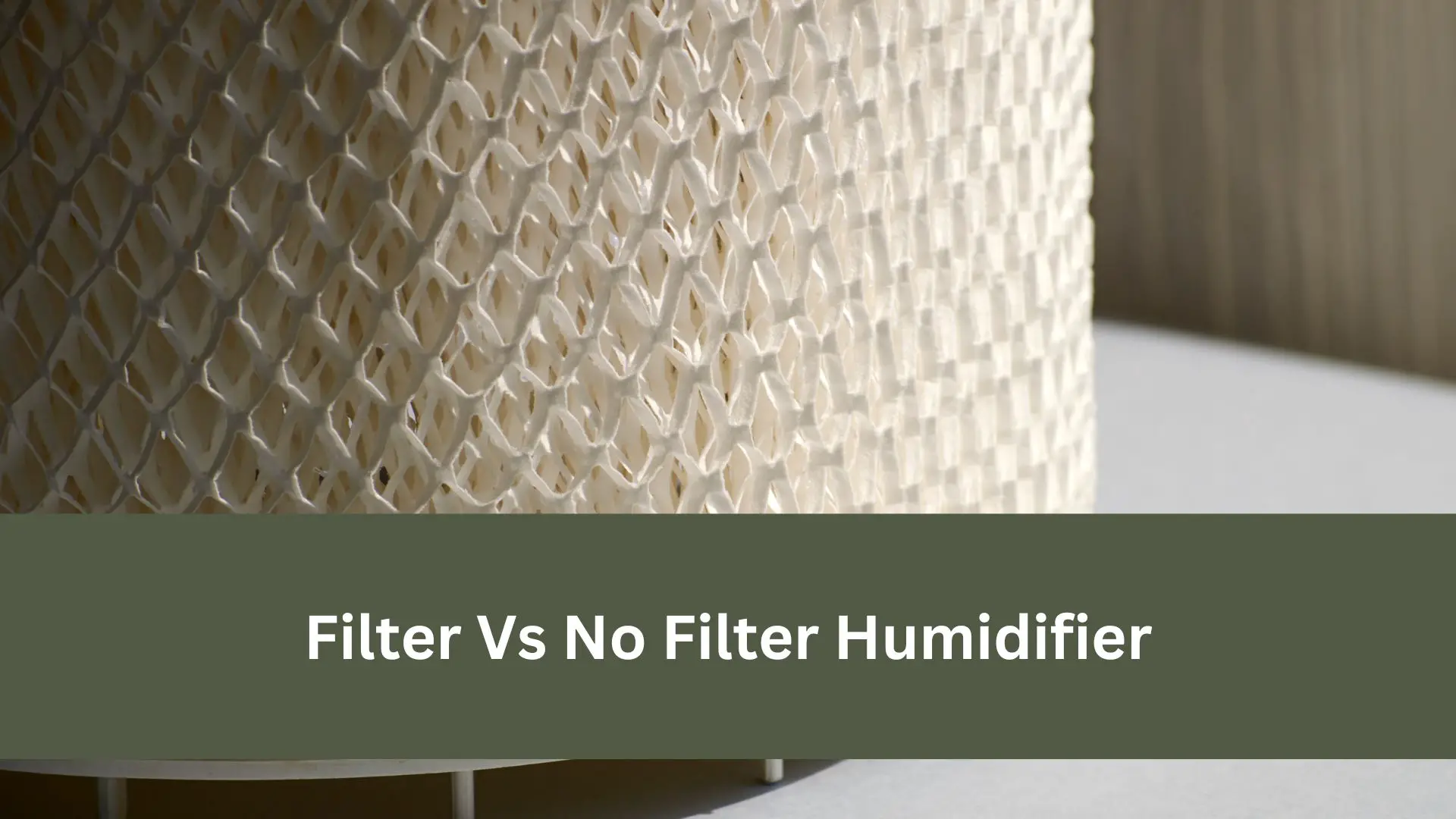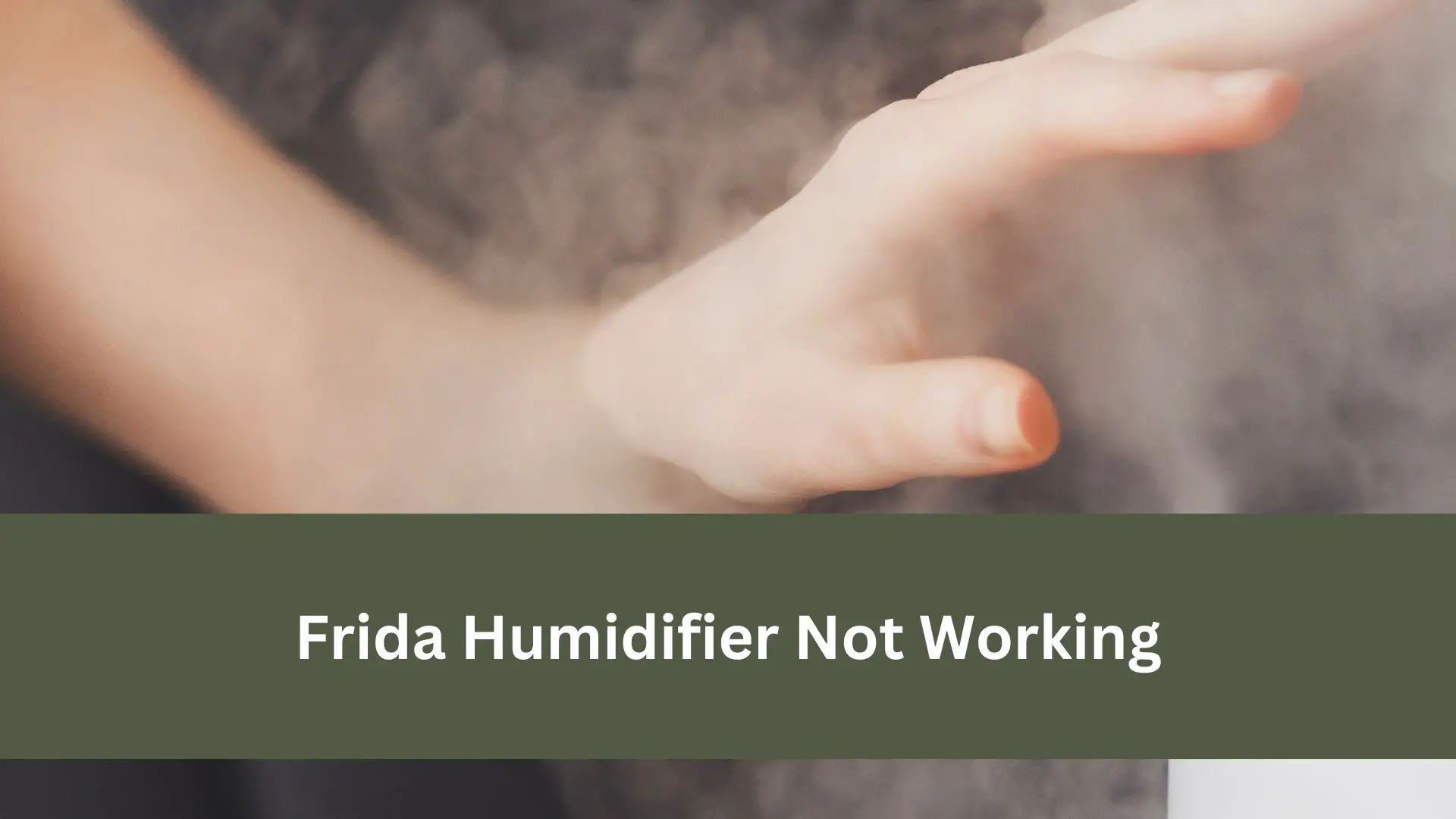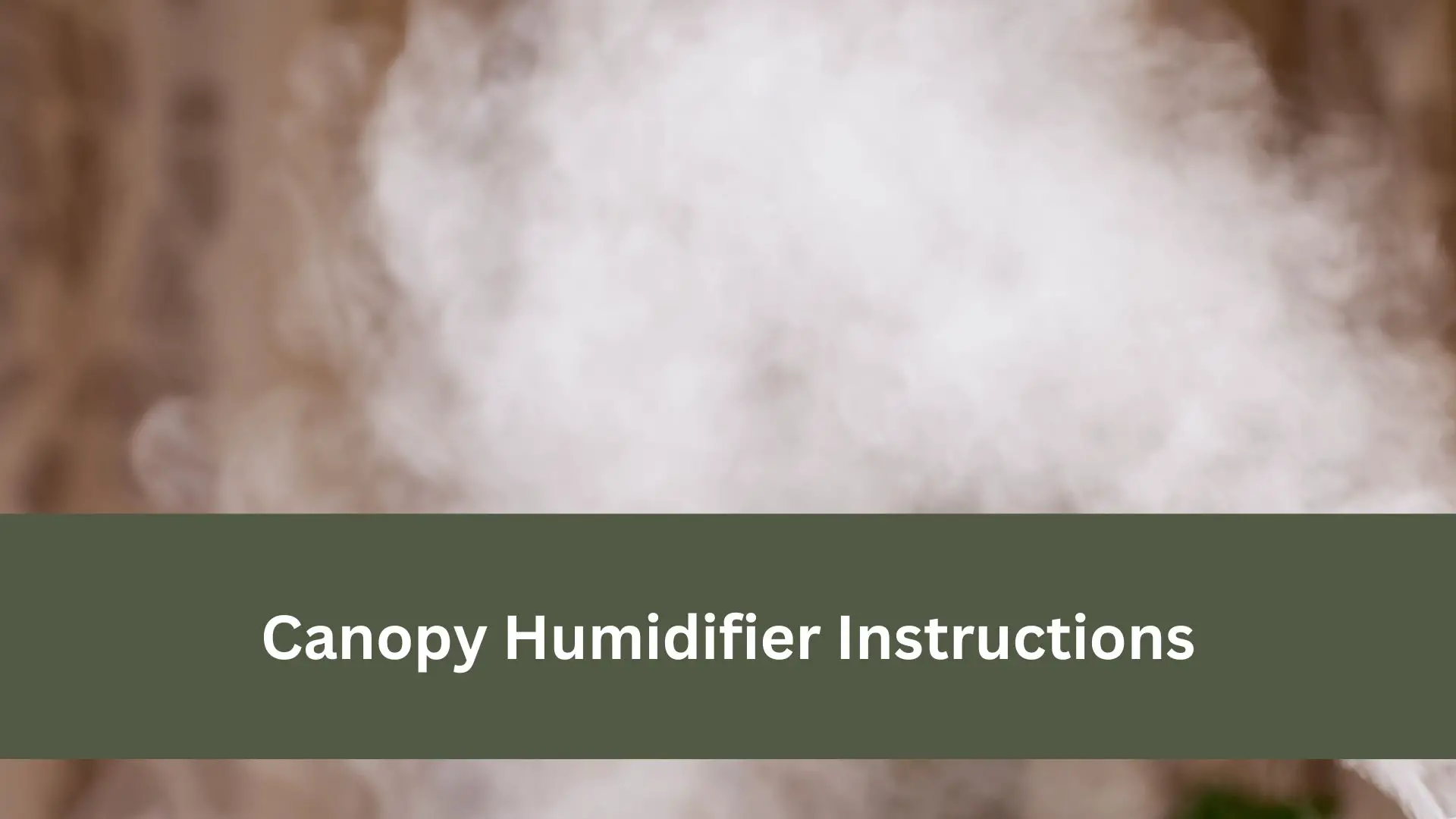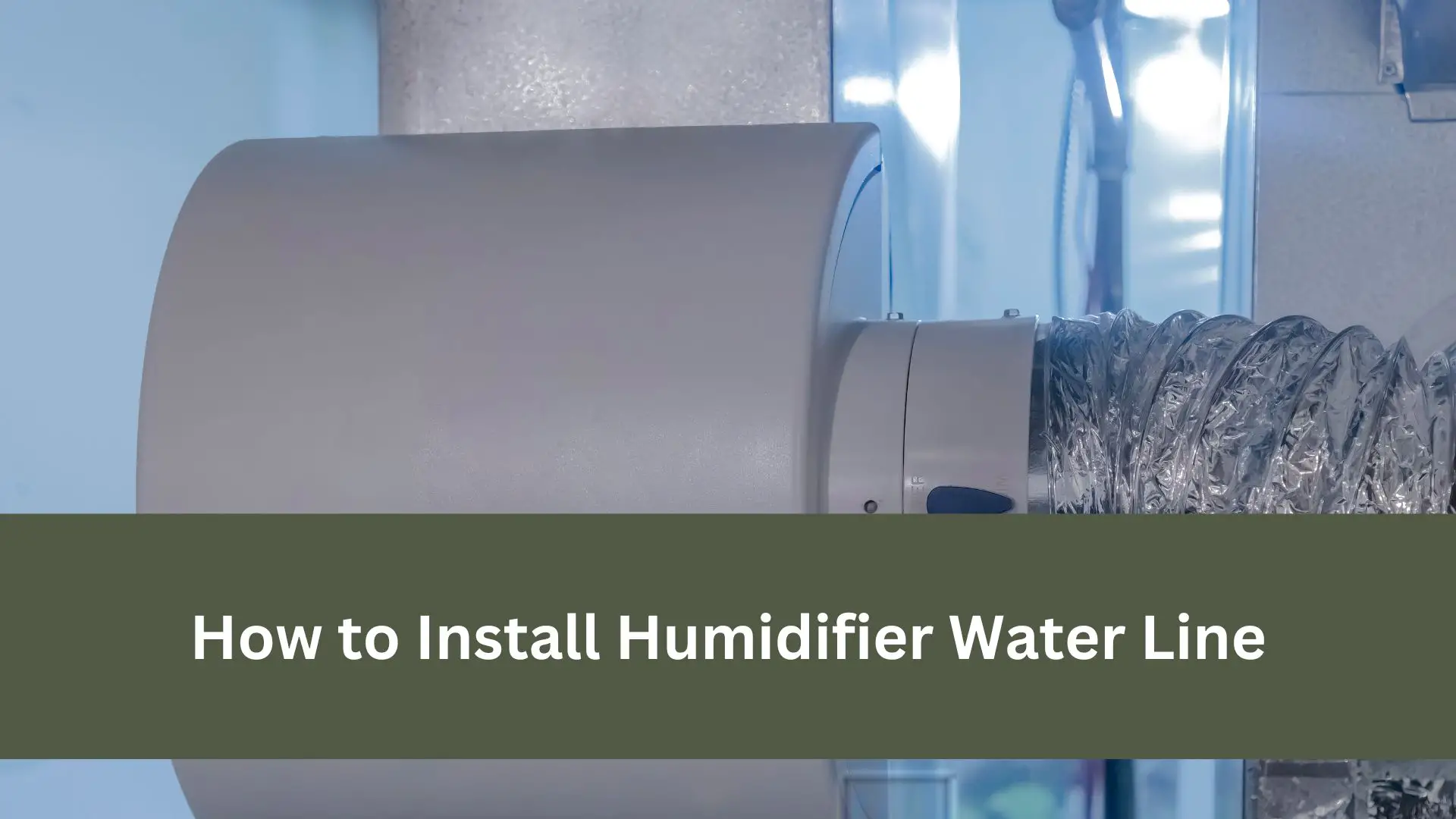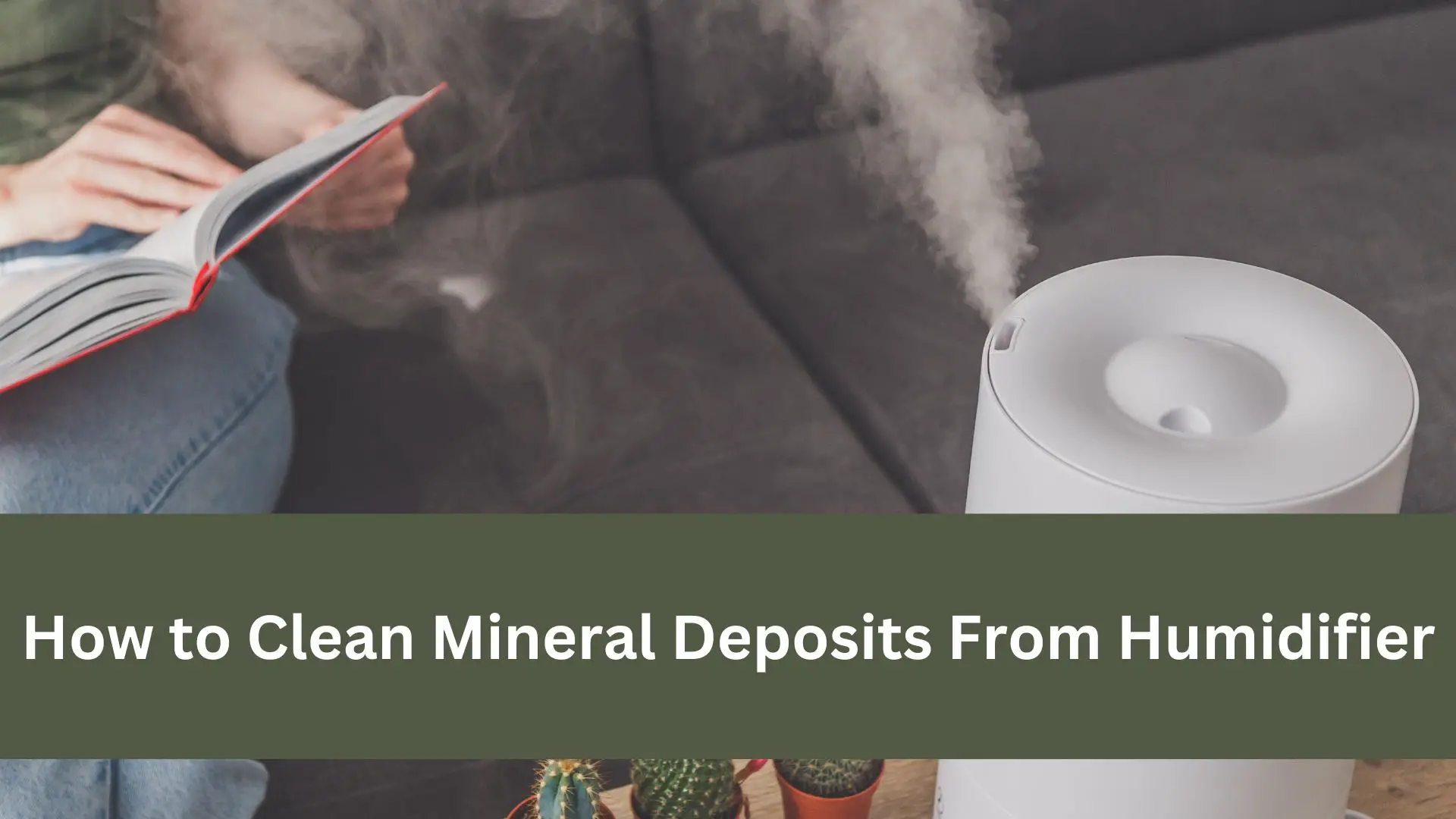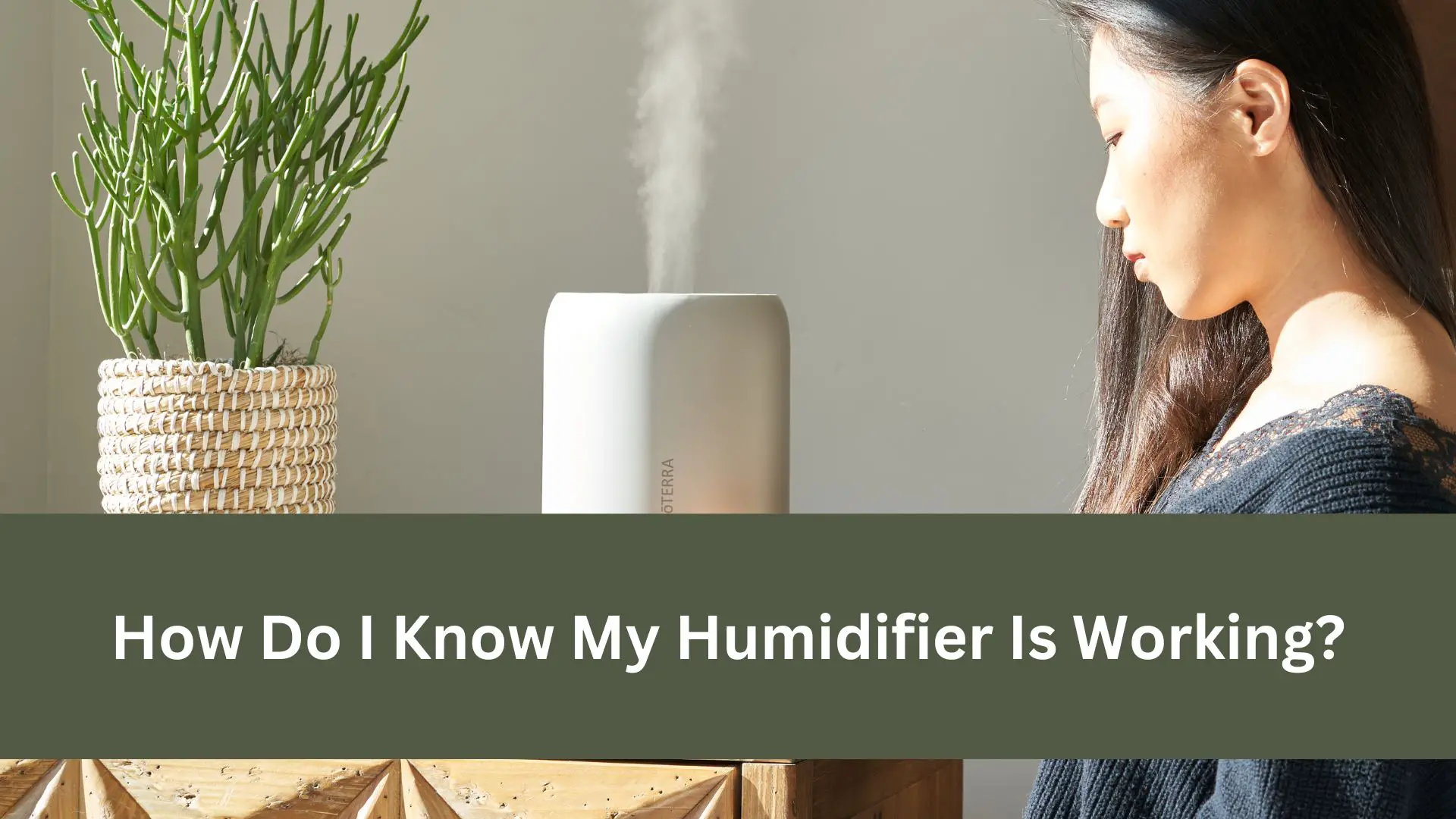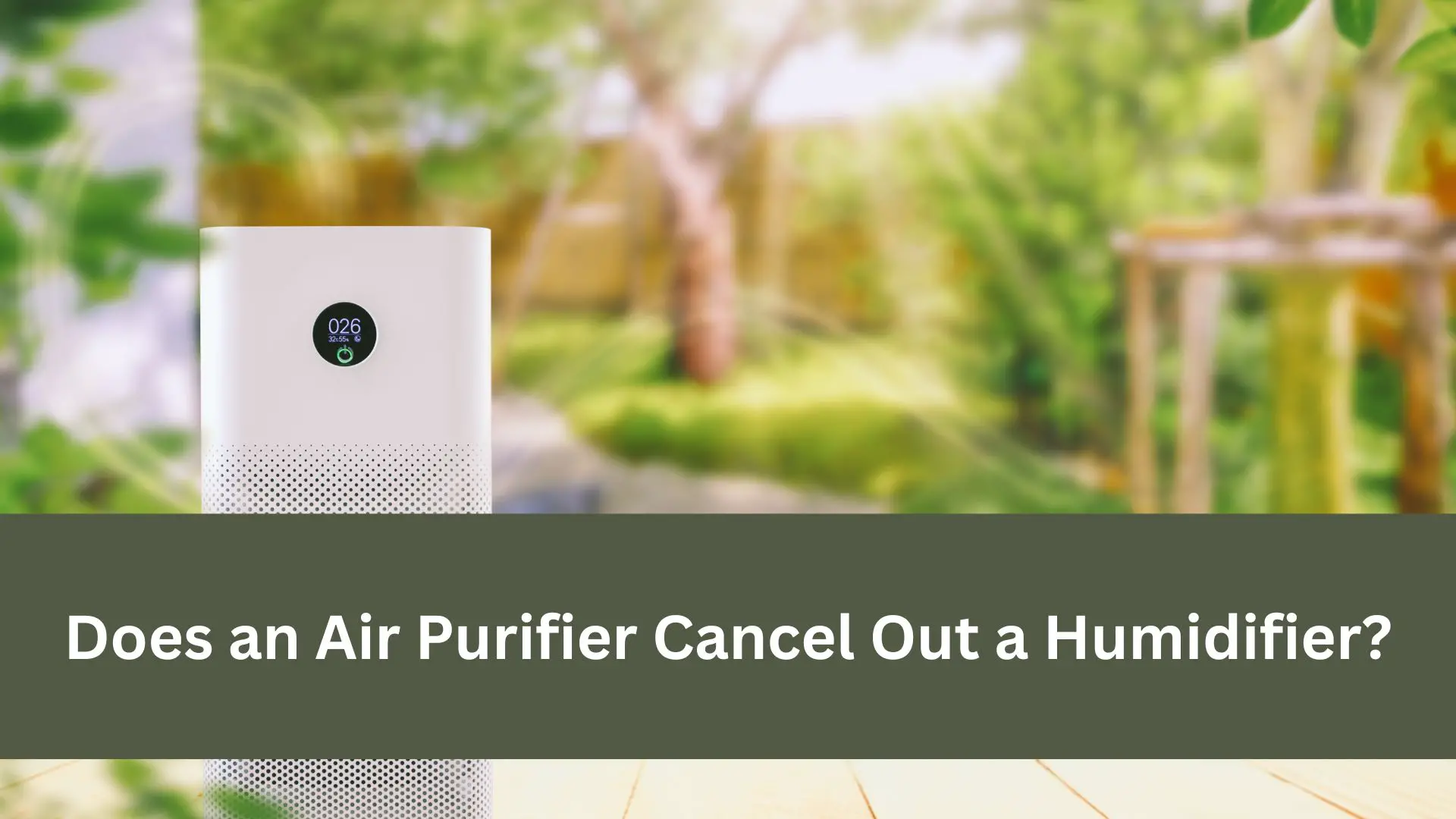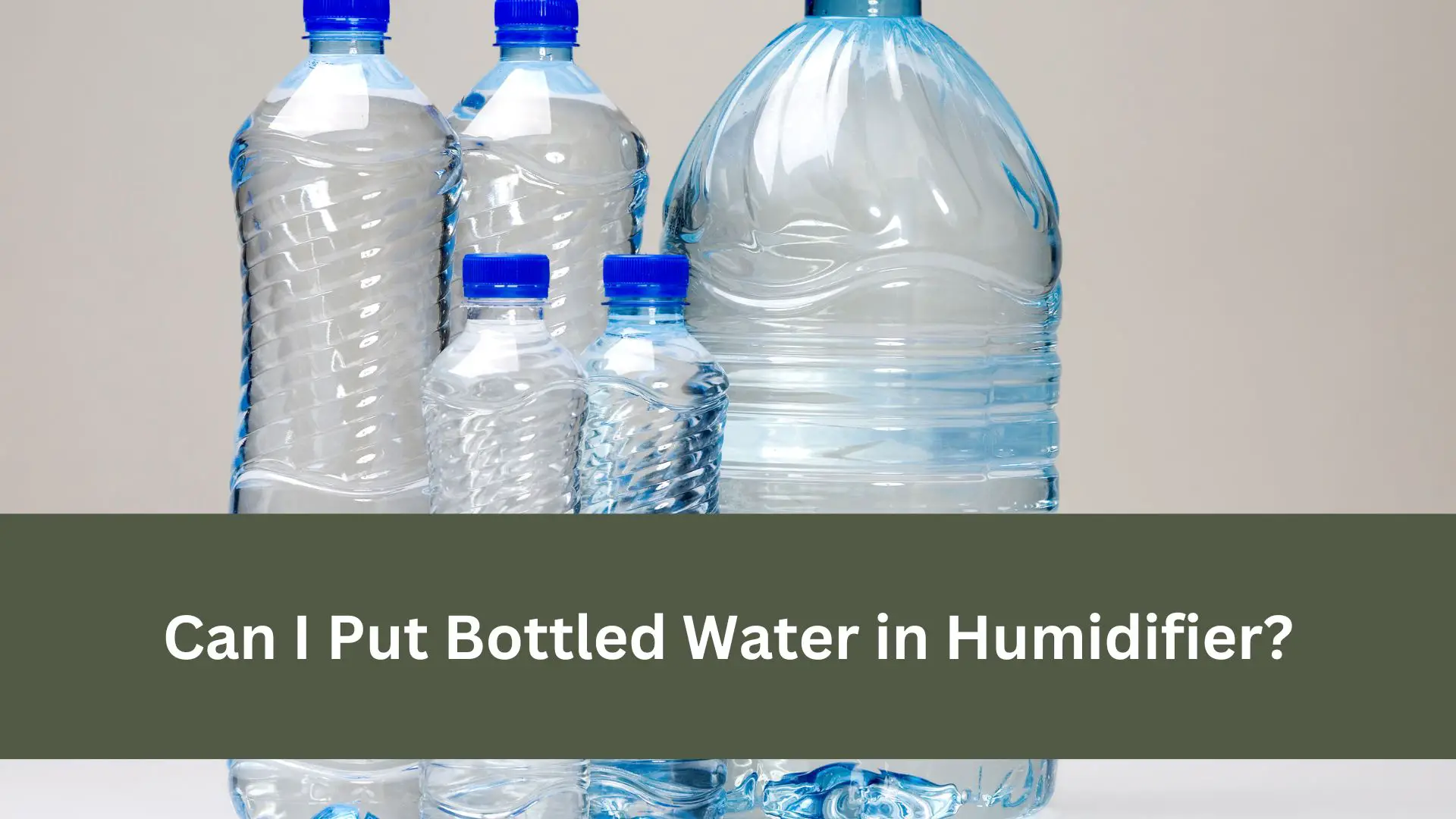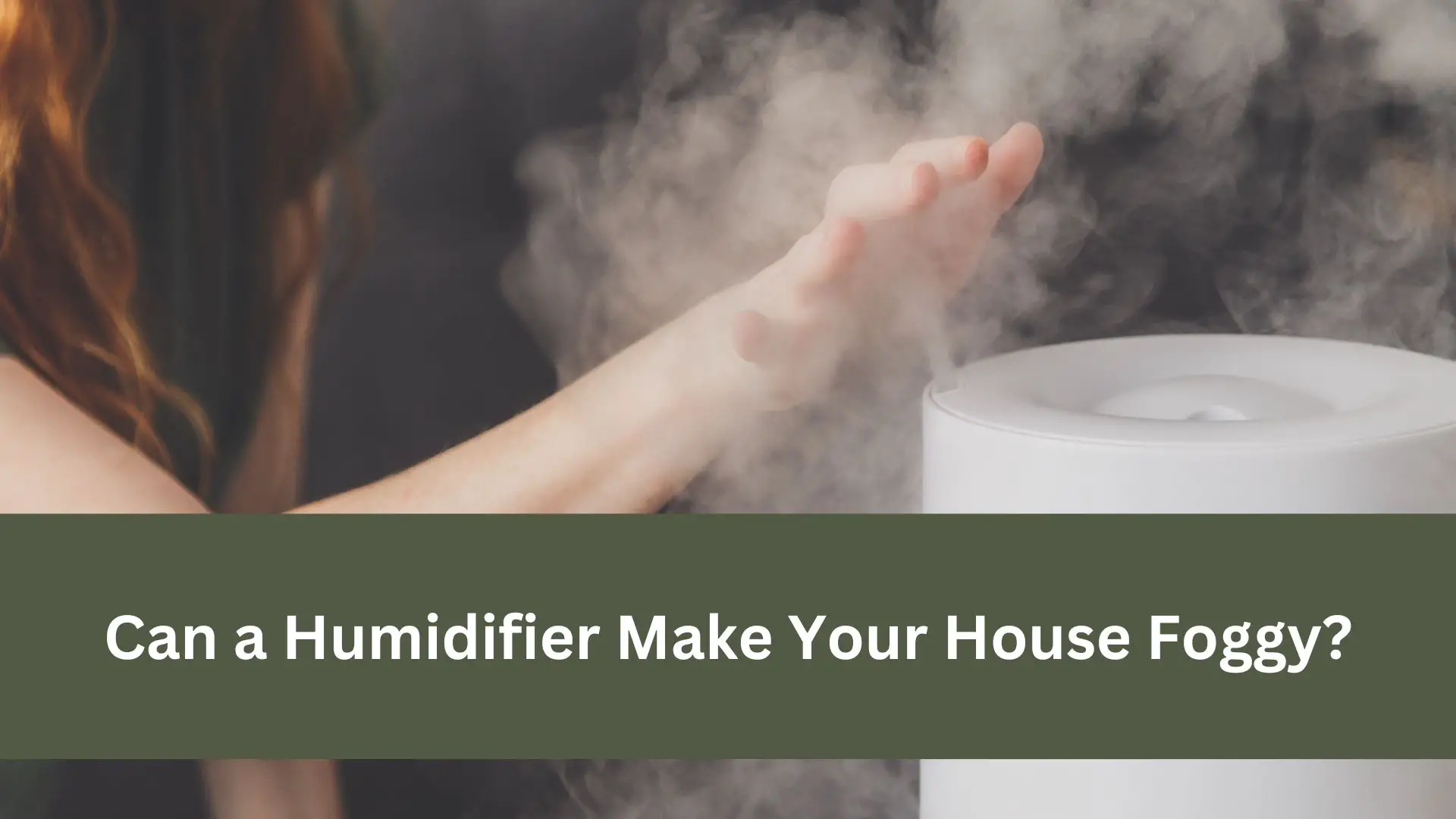Filter Vs No Filter Humidifier
As you navigate through the fog of decision-making, think of a filter in a humidifier as a gatekeeper, letting in the good and keeping out the bad. It’s your home’s first line of defense against pollutants, but it demands your time for maintenance. On the other hand, a no-filter humidifier is a path of less … Read more

